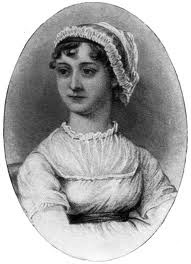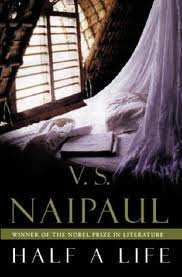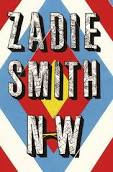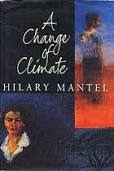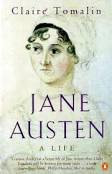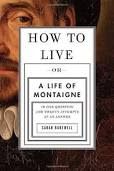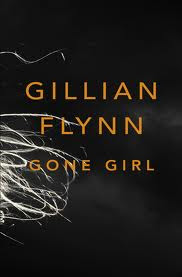 It’s a heroic moment for this blog! Somehow, it appears that without planning to, I have just read eight books in a row by women! This has never happened before. Nothing even close – last year hardly a third of the year’s books were by women. I’ve felt guilty about it, but not guilty enough to make a change. I guess it’s because in the past I mostly read dead people, and most women currently dead were too busy with the misery of cooking and cleaning and having mountains of babies to have time to write while they were alive. But now that I’m reading living people, women with labour-saving devices and birth control are showing up in my library. Well done feminism.
It’s a heroic moment for this blog! Somehow, it appears that without planning to, I have just read eight books in a row by women! This has never happened before. Nothing even close – last year hardly a third of the year’s books were by women. I’ve felt guilty about it, but not guilty enough to make a change. I guess it’s because in the past I mostly read dead people, and most women currently dead were too busy with the misery of cooking and cleaning and having mountains of babies to have time to write while they were alive. But now that I’m reading living people, women with labour-saving devices and birth control are showing up in my library. Well done feminism.
GONE GIRL is a brilliant page turner. I went to bed at 9.30pm, thinking I’d do a little reading, and when I looked up again it was 1.30am. I never read thrillers – I probably haven’t read once since I was completing my father’s bookcases as a teenager – and I’m glad I gave this one a chance. The next night I went to bed at 8.30pm, because I knew what kind of book I was up against, and finished it before midnight. My eyes are fiery pits. Totally worth it.
In the best tradition of thrillers, and of real life, a woman disappears. The story is then told from two perspectives: her husband, after her disappearance, and the woman herself, Amy, through her diary before she disappears. The diary suggests that she is a fun, relaxed woman, who was growing increasingly afraid of her husband. SPOILER ALERT Then the husband’s story continues in the same time frame, but we are suddenly introduced to Amy in the present – because she isn’t dead, but she is framing her husband! Okay, when you write it down it doesnt sound that interesting, and yet somehow it is.
This is partly due to the fact that you genuinely like Diary Amy, and then real Amy explains how carefully she conducted a persona she has total contempt for; the ‘cool girl’ that is what women think men want. She says:
I used to see men – friends, coworkers, strangers – giddy over these awful pretender women and I’d want to sit these men down and calmly say: You are not dating a woman, you are dating a woman who has watched too many movies written by socially awkward men who’d like to believe that this kind of woman exists and might kiss them. . . And the Cool Girls are even more pathetic: They’re not even pretending to be the woman they want to be, they’re pretending to be the woman a man wants them to be.”
So it’s a sort of generally feminist idea that you can agree with, but it’s twisted in awful ways against you.
It’s also rather well observed. Try: “Sleep is like a cat: it only comes to you if you ignore it.” Or “People say children from broken homes have it hard, but the children of charmed marriages have their own particular challenges.” Here are two points I’v always agreed with.
And here’s a fine description: “The waitress, a plain brunette disguised as a pretty brunette;” and another: “She’d French-braided her limp hair and clipped it to the back of her head in a rather poignant updo, and she wore lipstick.” Poignant updo! For some reason that kills me.
Having said how much I loved it, I have to confess that I didn’t quite buy the ending. And I notice that in the best tradition of pulp, I am already forgetting it; it’s passing through me like meat that is off. And on that disgusting note, I’ll go to bed with my new novel. Also by a woman!


